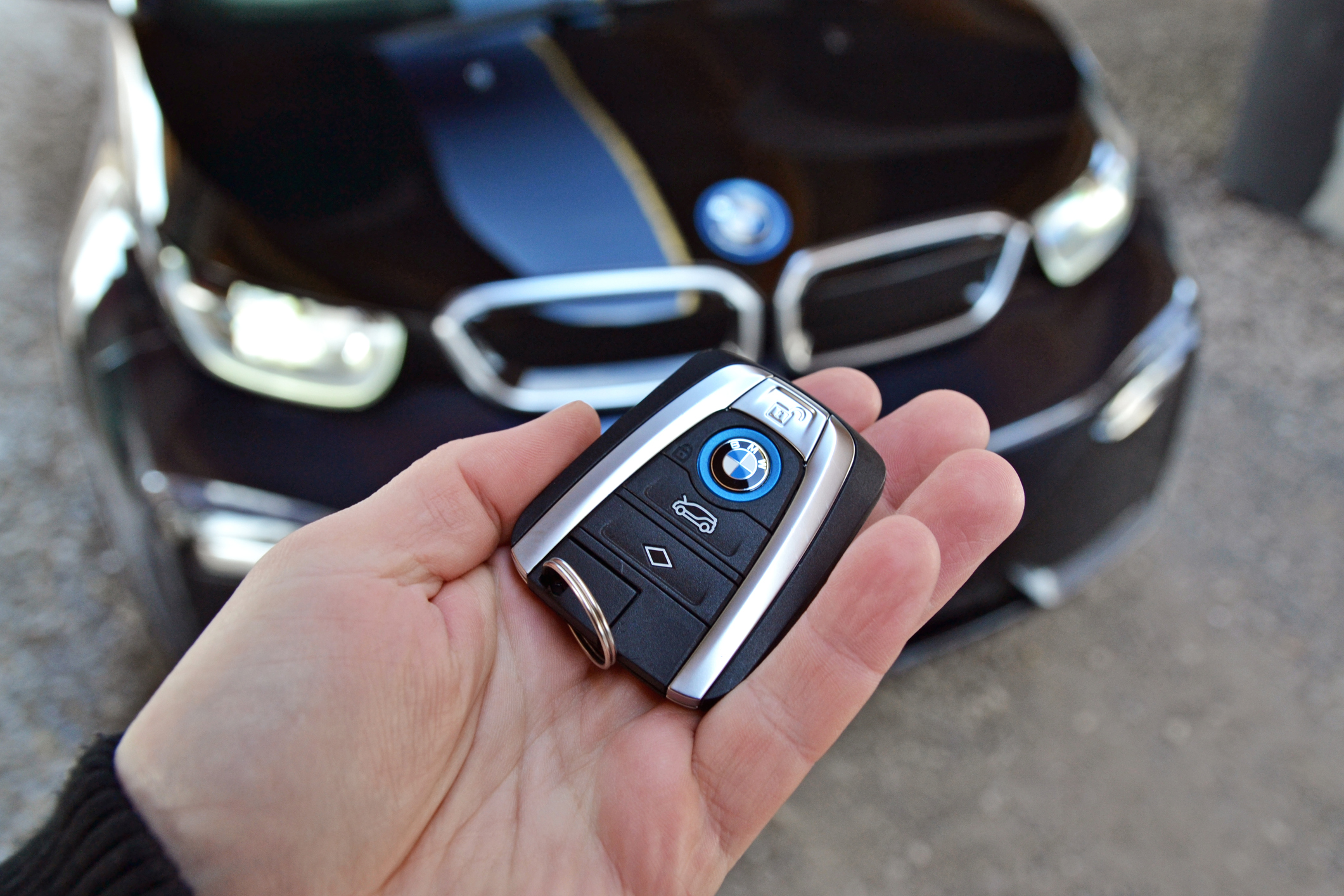BMW (Bayerische Motoren Werke AG (OTC: BMWYY)), the prominent German automaker, is currently investigating a Moroccan cobalt supplier, Managem, following a report that raised serious concerns over labor and environmental violations at a cobalt mine in Morocco. The report, which surfaced in the German daily newspaper Sueddeutsche Zeitung, in collaboration with broadcasters NDR and WDR, alleged that the mining operations at Bou Azzer, southern Morocco, were releasing excessive arsenic levels into the environment. This revelation has significant implications given the critical role of cobalt in manufacturing electric car batteries, a market in which BMW is a key player.
The primary issue highlighted in the report is the alarming levels of arsenic detected in water samples from the vicinity of the mine. This finding is concerning, as arsenic, a naturally occurring element, is known for its toxic properties. Prolonged exposure can lead to severe health issues, including chronic poisoning, skin lesions, and cancer, as per the World Health Organization. Additionally, there were claims of Managem not adhering to international standards for worker protection and its actions against critical trade unions. These allegations contradict Managem’s stance, which asserts adherence to high environmental and labor standards.
Responding to these allegations, BMW has taken immediate steps to seek clarity and has initiated investigations. A spokesperson for BMW mentioned that they had contacted Managem, requesting additional information and emphasizing the need for corrective action if any misconduct was found. BMW’s approach underscores the increasing scrutiny by major corporations on their supply chains, especially concerning environmental and labor practices.
This situation is not isolated to BMW or Managem. The global cobalt supply chain has faced ongoing challenges. A large portion of the world’s cobalt reserves are in the Democratic Republic of Congo, where the mining sector has been plagued by issues of child labor and poor working conditions. In a bid to adhere to higher ethical standards, BMW has stopped sourcing cobalt from Congo and now relies on supplies from Morocco and Australia. The company has also planned audits at the Bou Azzer mine to assess social and environmental standards, which will guide their future decisions on the partnership.
Managem, a company majority-owned by the Moroccan monarchy and operating in several African countries, has refuted the allegations. It stated that an audit of its water supplies showed no irregularities and emphasized its commitment to the highest industry standards in terms of quality, safety, and environmental respect. The company also highlighted the absence of arsenic-related illnesses in the mine area, further backing its claims of compliance.
The automotive industry, particularly in the electric vehicle segment, is undergoing a significant transformation. Automakers like BMW are vying to secure supplies of critical minerals like cobalt while also ensuring that their supply chains adhere to stringent labor and environmental standards. This incident with Managem not only highlights the complexities involved in ethical sourcing but also the increasing pressure on multinational corporations to ensure responsible practices throughout their supply chains. As the demand for electric vehicles grows, so does the need for transparency and sustainability in the procurement of essential raw materials.




Leave a Reply